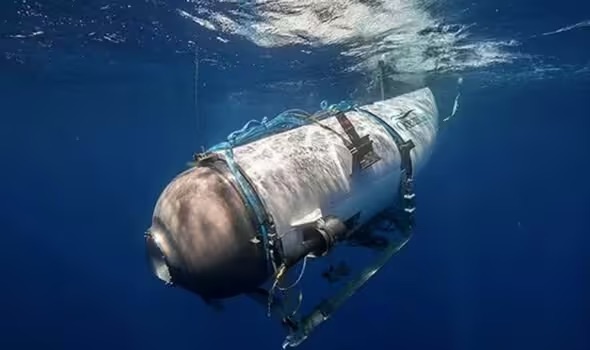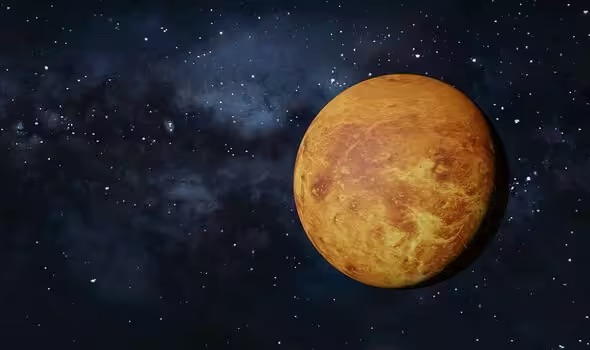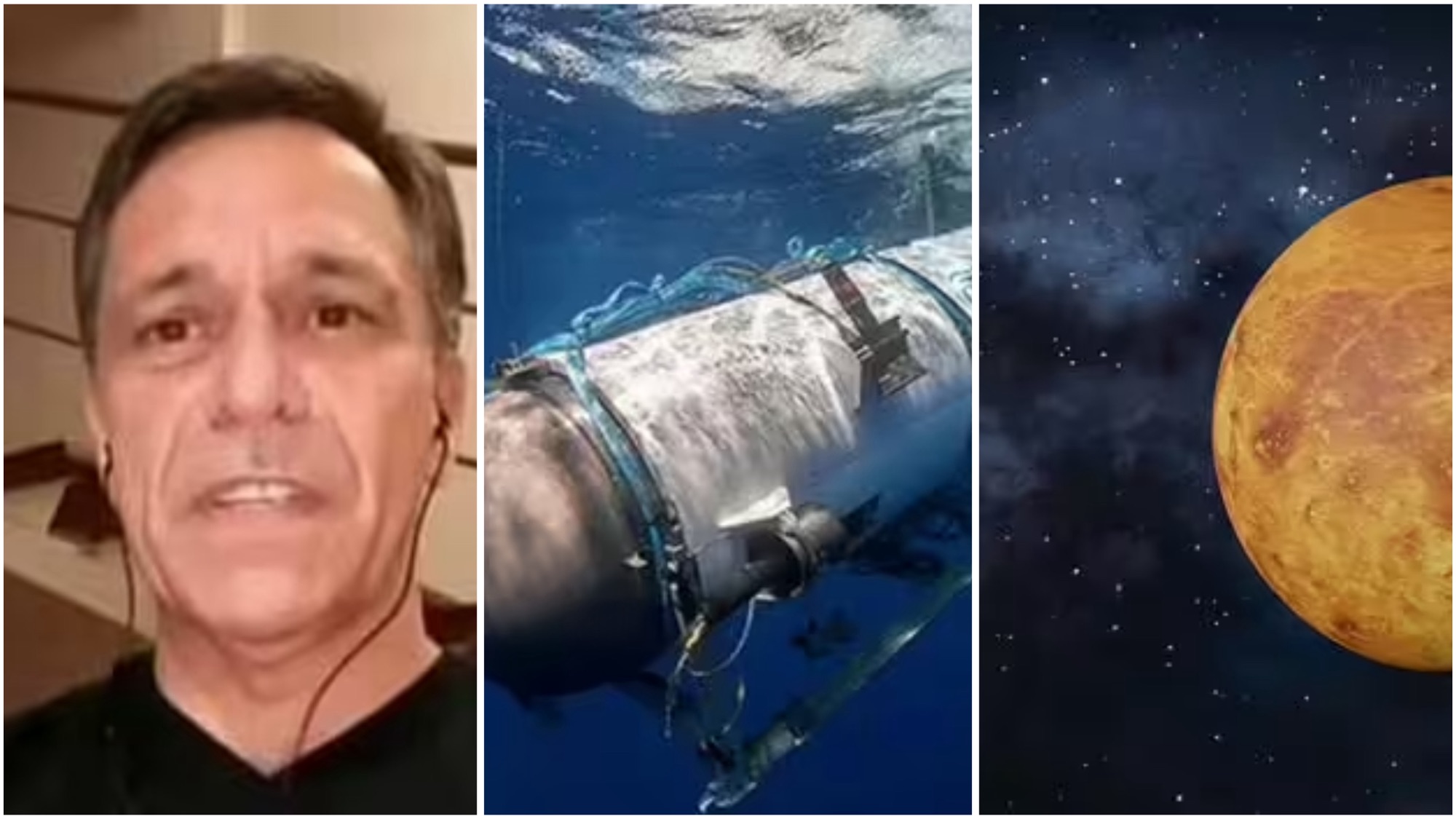While it’s commendable that Guillermo Söhnlein, the co-founder of OceanGate, is enthusiastic about sending humans to Venus, most scientists disagree that it’s a safe or viable option due to the planet’s atmospheric conditions and extreme temperatures.
Söhnlein suggests that humans could potentially live in floating cities above Venus, but this concept remains highly theoretical. However, if you’re interested in space exploration and the frontiers of human knowledge, there are many fascinating topics to explore, such as exoplanet discovery, astrophysics, and the search for extraterrestrial life in our own solar system.

Guillermo Söhnlein, the co-founder of OceanGate, argues in his Humans2Venus blog that Venus is a better option for human exploration than Mars because of its closer proximity to Earth, similar orbit, and more accessible flight windows.
Additionally, the fact that there is no need for successful landings on the planet’s surface, which is a major challenge in Mars exploration, makes Venus an attractive proposition.
While Söhnlein’s views are not widely shared among scientists, his blog and other articles related to space exploration offer valuable insights into the current state of space technology and our aspirations for the future of space exploration.

Guillermo Söhnlein founded Humans2Venus in 2020 with the goal of creating a large global community of Venus enthusiasts, both amateur and professional. In a Business Insider interview last year, he expressed his desire to see 1,000 people on Venus by 2050. He believes that we must seize the opportunity to explore Venus and that the necessary technology is within reach.
Despite the challenges, Söhnlein is confident that sending humans to Venus is feasible and an important step in exploring our solar system. For those interested in the frontiers of space technology and exploration, topics such as astrobiology, planetary geology, and exoplanet discovery offer much to explore.
